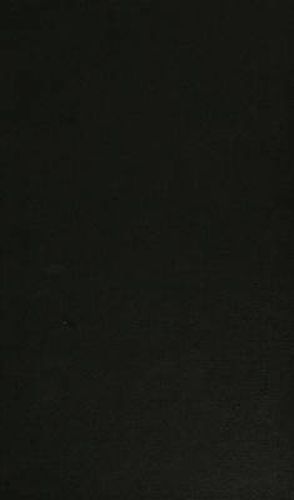Readings Newsletter
Become a Readings Member to make your shopping experience even easier.
Sign in or sign up for free!
You’re not far away from qualifying for FREE standard shipping within Australia
You’ve qualified for FREE standard shipping within Australia
The cart is loading…






This title is printed to order. This book may have been self-published. If so, we cannot guarantee the quality of the content. In the main most books will have gone through the editing process however some may not. We therefore suggest that you be aware of this before ordering this book. If in doubt check either the author or publisher’s details as we are unable to accept any returns unless they are faulty. Please contact us if you have any questions.
Otto Bohlmann’s fascinating study offers detailed and exhaustive evidence that the major philosophical aspects of Conrad’s novels exhibit a powerful existential strain, foreshadowing many central concerns of twentieth-century modernism. Through both wide and close reading, Dr Bohlmann illuminates more thoroughly than any previous scholar the remarkable extent to which Conrad’s fiction is replete with ideas, attitudes and even phrases reminiscent of Kierkegaard, Nietzsche, Jaspers, Marcel, Heidegger, Sartre and Camus.
$9.00 standard shipping within Australia
FREE standard shipping within Australia for orders over $100.00
Express & International shipping calculated at checkout
This title is printed to order. This book may have been self-published. If so, we cannot guarantee the quality of the content. In the main most books will have gone through the editing process however some may not. We therefore suggest that you be aware of this before ordering this book. If in doubt check either the author or publisher’s details as we are unable to accept any returns unless they are faulty. Please contact us if you have any questions.
Otto Bohlmann’s fascinating study offers detailed and exhaustive evidence that the major philosophical aspects of Conrad’s novels exhibit a powerful existential strain, foreshadowing many central concerns of twentieth-century modernism. Through both wide and close reading, Dr Bohlmann illuminates more thoroughly than any previous scholar the remarkable extent to which Conrad’s fiction is replete with ideas, attitudes and even phrases reminiscent of Kierkegaard, Nietzsche, Jaspers, Marcel, Heidegger, Sartre and Camus.